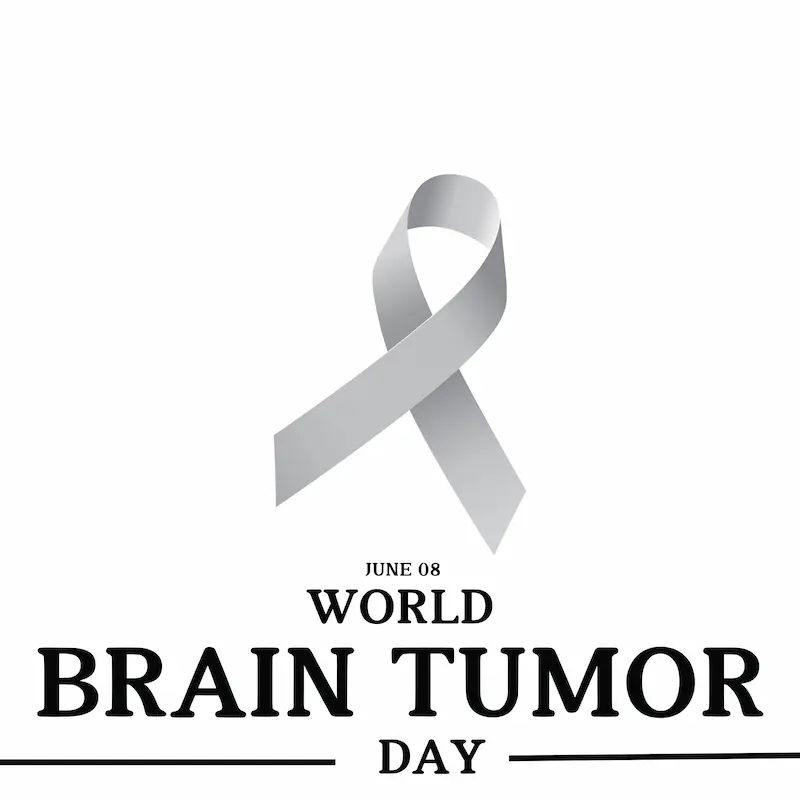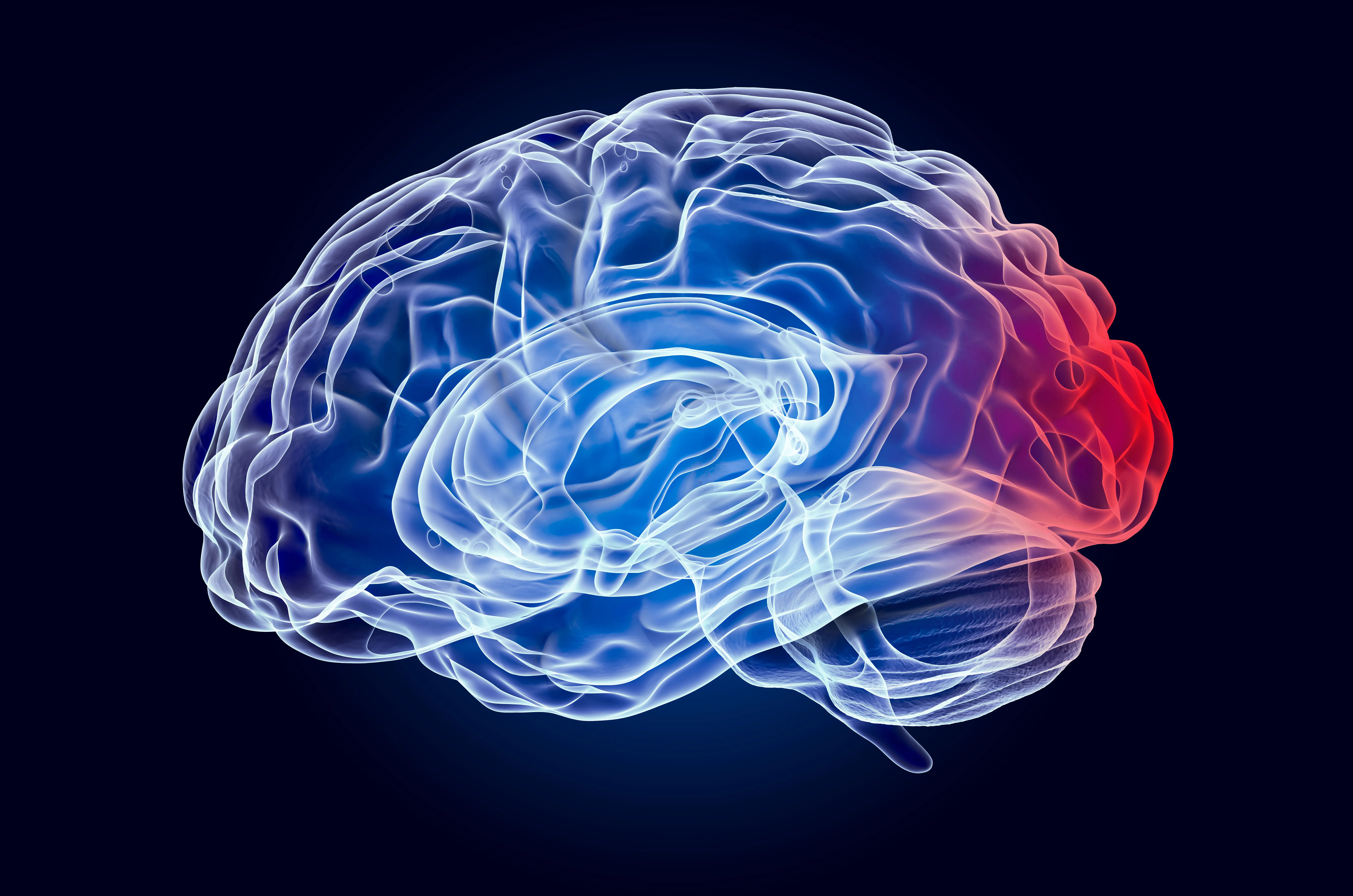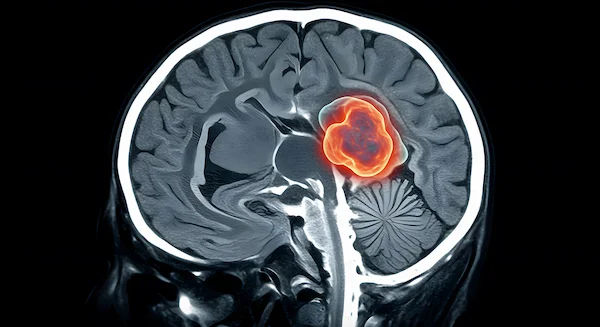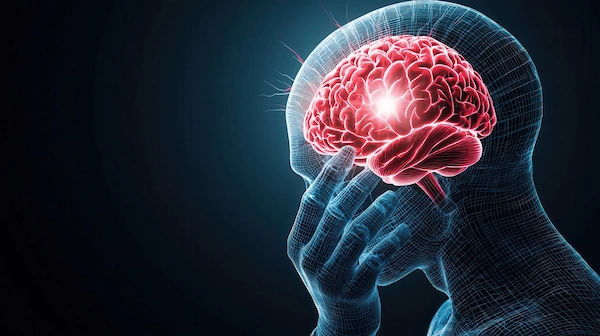Recurrence Of Brain Tumor After Surgery
Understand the risks and signs of recurrence of brain tumour after surgery. Learn about follow-up care, treatment options, and ways to manage health post-surgery for better outcomes.


Introduction
If you or a loved one has undergone surgery for a brain tumour, the thought of it coming back can be worrying. While surgery is often successful in removing tumours, recurrence is possible in some cases. Understanding why this happens, what signs to look for, and how to manage it can help you stay prepared and proactive about your health.
What Does Recurrence of a Brain Tumour Mean?
A recurrent brain tumour means that the tumour has returned after treatment, such as surgery, radiation, or chemotherapy. This can happen in two ways:
1. Local Recurrence: The tumour grows back in the same area where it was removed.
2. New Tumour Formation: A different tumour develops in another part of the brain.
Recurrence depends on factors like the type of tumour, how much was removed during surgery, and whether additional treatments were given.
Why Do Brain Tumours Come Back After Surgery?
Several reasons can contribute to tumour recurrence:
Type of Tumour: Some brain tumours (like glioblastomas) are aggressive and more likely to return, while others (like meningiomas) have a lower chance.
Incomplete Removal: If the tumour is in a sensitive area, surgeons may not be able to remove it entirely, leaving behind some cells that can regrow.
Resistance to Treatment: Some tumour cells may survive radiation or chemotherapy and start growing again.
Genetic Factors: Certain genetic mutations can make tumours more likely to recur.
Signs and Symptoms of a Recurrent Brain Tumour
The symptoms of a recurring brain tumour are often similar to those of the original tumour and may include:
Headaches (especially if they worsen over time or are more severe in the morning)
Seizures (new or increased frequency)
Nausea or vomiting (without any other obvious cause)
Weakness or numbness in arms or legs
Vision or speech problems
Memory or concentration difficulties
Personality or mood changes
If you notice any of these symptoms, it’s important to consult your doctor immediately. Early detection can improve treatment options.
Consult Top Specialists for Personalised Tips
How Is a Recurrent Brain Tumour Diagnosed?
If your doctor suspects a recurrence, they may recommend:
MRI or CT Scan: Imaging tests help detect any new or returning tumour growth.
Biopsy: A small sample of the tumour may be taken to confirm if it’s a recurrence or a new tumour.
Neurological Exams: These assess brain function, including memory, coordination, and reflexes.
Treatment Options for Recurrent Brain Tumors
The treatment plan depends on the type of tumour, its location, and your overall health. Options may include:
1. Repeat Surgery: If the tumour is accessible, another surgery may be performed to remove as much as possible.
2. Radiation Therapy: If radiation wasn’t used before, it may be recommended now. In some cases, advanced techniques like stereotactic radiosurgery (SRS) target the tumour precisely.
3. Chemotherapy or Targeted Therapy: Newer drugs can help slow tumour growth or shrink it.
4. Immunotherapy or Clinical Trials: Emerging treatments may be available through research studies.
Your doctor will discuss the best approach based on your specific case.
How to Reduce the Risk of Recurrence?
While not all recurrences can be prevented, certain steps may help:
Follow-Up Care: Regular check-ups and scans help detect any changes early.
Healthy Lifestyle: Eating a balanced diet, staying active, and managing stress support overall brain health.
Avoiding Smoking & Excessive Alcohol: These can negatively impact recovery.
Adhering to Treatment Plans: Completing prescribed radiation or chemotherapy reduces leftover tumour cells.
Living with a Recurrent Brain Tumour: Emotional & Practical Support
A recurrence can be emotionally challenging. Here’s how to cope:
Seek Support Groups: Connecting with others facing similar struggles can be comforting.
Counselling or Therapy: Mental health professionals can help manage anxiety or depression.
Palliative Care: If needed, this focuses on improving quality of life by managing symptoms.
When to See a Doctor?
If you experience any new or worsening symptoms after brain tumour surgery, don’t wait and consult your doctor right away. Early intervention can make a big difference in treatment success.
Conclusion
The recurrence of a brain tumour after surgery remains a significant concern, underscoring the importance of ongoing monitoring, advanced treatment options, and personalised care plans. While recurrence can be challenging, early detection and timely intervention can improve outcomes and quality of life. Staying informed, attending regular follow-ups, and maintaining open communication with your healthcare team are vital steps in managing the condition effectively.
Consult Top Doctor For Brain Surgery
Consult Top Specialists for Personalised Tips

Dr. Aditendraditya Singh Bhati
Neurosurgeon
21 Years • MBBS(2004), DNB Neurosurgery(2014); MNAMS; Fellow Skull Base Endoscopy (Italy), Fellow Extended Skull Base ( Weill Cornell, USA), Fellow ZAP-X Radiosurgery. Member of American Association of Neurological Surgeons
Delhi
Apollo Hospitals Indraprastha, Delhi
(100+ Patients)

Dr. Ganeshgouda Majigoudra
Neurologist
10 Years • MBBS, MD ( GENERAL MEDICINE) DM (NEUROLOGY)
Bengaluru
Apollo Clinic, JP nagar, Bengaluru

Dr. E Prabhakar Sastry
General Physician/ Internal Medicine Specialist
40 Years • MD(Internal Medicine)
Manikonda Jagir
Apollo Clinic, Manikonda, Manikonda Jagir
(150+ Patients)
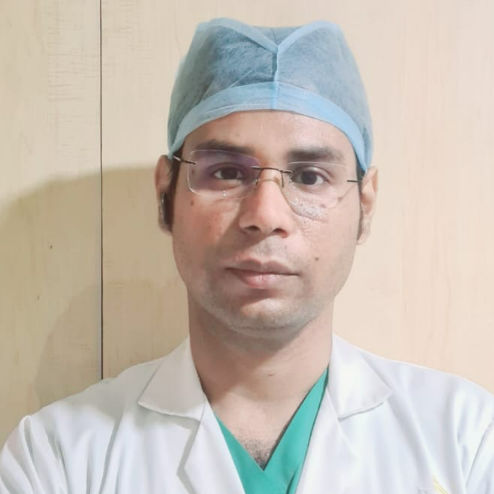
Dr Debnath Dwaipayan
Neurosurgeon
9 Years • MBBS, MS(Gen. Surgery), DrNB (Neurosurgery)
Delhi
Apollo Hospitals Indraprastha, Delhi
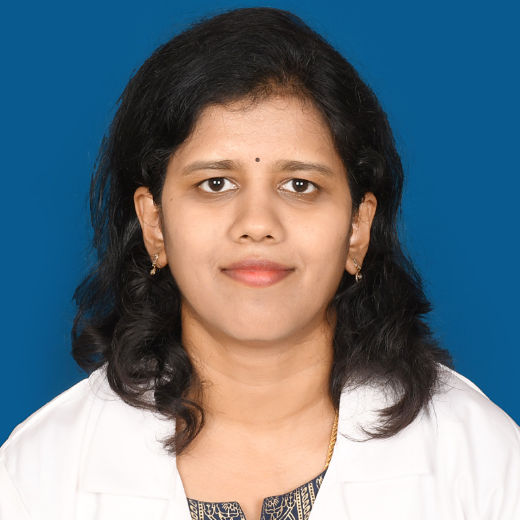
Dr. Rashmi Devaraj
Neurologist
11 Years • MBBS, MD PEDIATRICS, DM NEUROLOGY
Bengaluru
Apollo Medical Center, Marathahalli, Bengaluru
Consult Top Doctor For Brain Surgery

Dr. Aditendraditya Singh Bhati
Neurosurgeon
21 Years • MBBS(2004), DNB Neurosurgery(2014); MNAMS; Fellow Skull Base Endoscopy (Italy), Fellow Extended Skull Base ( Weill Cornell, USA), Fellow ZAP-X Radiosurgery. Member of American Association of Neurological Surgeons
Delhi
Apollo Hospitals Indraprastha, Delhi
(100+ Patients)

Dr. Ganeshgouda Majigoudra
Neurologist
10 Years • MBBS, MD ( GENERAL MEDICINE) DM (NEUROLOGY)
Bengaluru
Apollo Clinic, JP nagar, Bengaluru

Dr. E Prabhakar Sastry
General Physician/ Internal Medicine Specialist
40 Years • MD(Internal Medicine)
Manikonda Jagir
Apollo Clinic, Manikonda, Manikonda Jagir
(150+ Patients)

Dr Debnath Dwaipayan
Neurosurgeon
9 Years • MBBS, MS(Gen. Surgery), DrNB (Neurosurgery)
Delhi
Apollo Hospitals Indraprastha, Delhi

Dr. Rashmi Devaraj
Neurologist
11 Years • MBBS, MD PEDIATRICS, DM NEUROLOGY
Bengaluru
Apollo Medical Center, Marathahalli, Bengaluru
